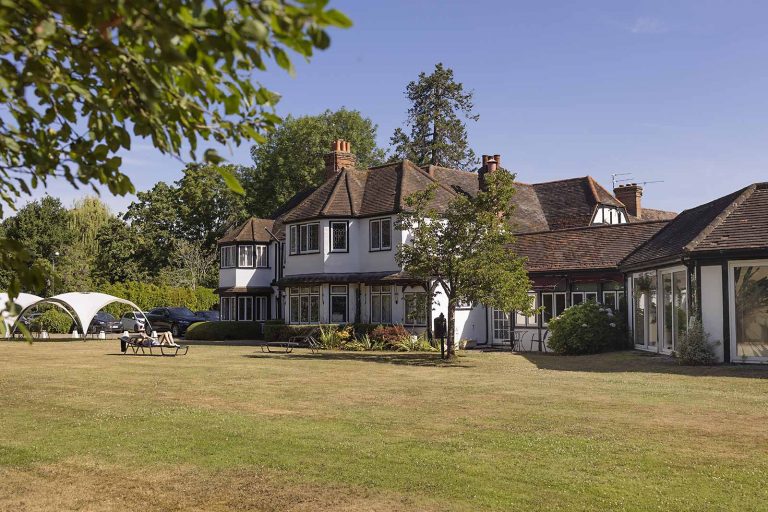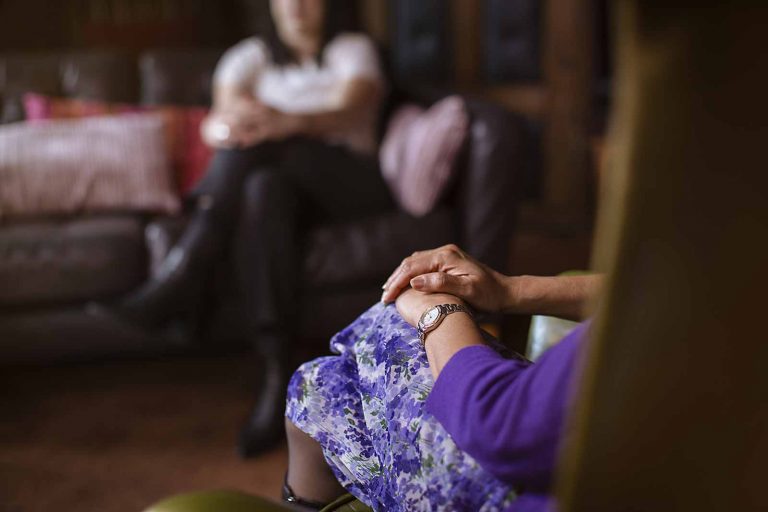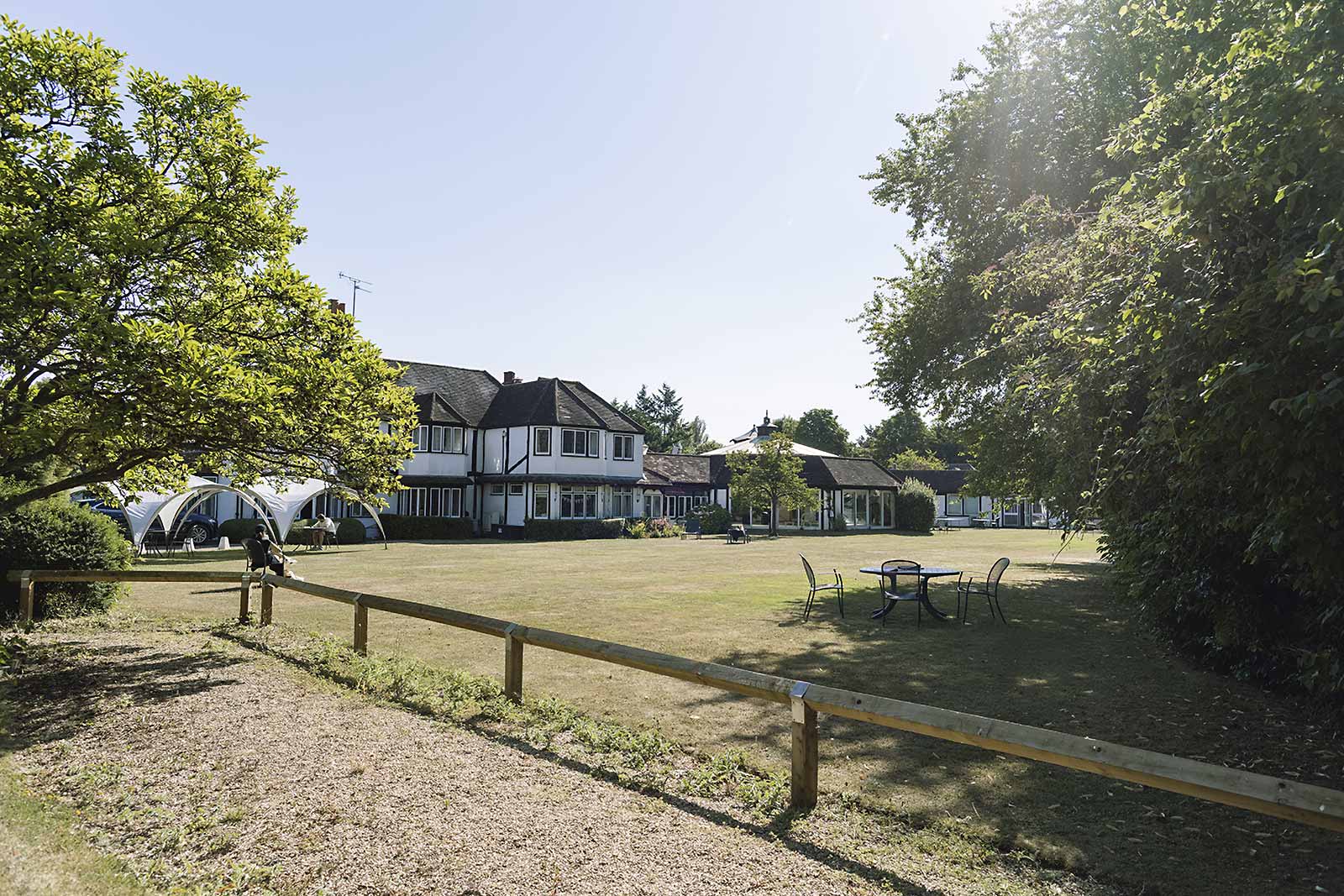PTSD
What is PTSD?
Post Traumatic Stress Disorder (PTSD) is a collection of reactions, feelings, thoughts and behaviours that are experienced following a sudden distressing event which is outside the range of normal everyday life. It is the unexpectedness of the incident which seems to cause the stress because it undermines a person’s trust in normality. Incidents that can sometimes lead to signs of PTSD include burglary, an attack, bereavement, divorce or an accident.
Symptoms of Post Traumatic Stress may not appear for days, weeks or months after the event and they can affect those not directly involved in an incident. This can include those who witness an accident, rescue workers or relatives of those involved.
Symptoms of PTSD
- Recurrent intrusive thoughts and recollections of the event
- Changes in sleep pattern (not wanting to sleep or wanting to sleep all the time)
- Vivid dreams of the event
- Behaving as if the event is happening again
- Changes in self-esteem (e.g. feeling useless)
- Numbed responses to events that would normally evoke a reaction
- Poor concentration
- Reduced interest in the outside world (feelings of detachment)
- A sense of needing to be ultra-alert
- A sense of being vulnerable
- Fear of losing control
- Avoidance of places or activities that remind you of the event
- Forgetting important parts of the event
- Guilt of surviving or for not doing things that might have prevented the event
Causes of PTSD
PTSD is caused by traumatic situations. This can vary from person to person, as we each experience things differently. Some factors may make you more vulnerable to developing PTSD or they may make the problems you experience more severe. These factors include experiencing repeated trauma, getting physically hurt and feeling pain or not having any support from family and friends. Further factors which may worsen the PTSD include experiencing additional stress at the time of the event or having previously suffered with anxiety or depression.
You should consider seeking help if you are experiencing any of the following:
- Feeling disturbed by intense feelings or body sensations that you are finding hard to cope with
- Your emotions are not falling into place, and that you feel very tense, confused, empty, or exhausted
- You have to keep active in order not to feel distressed
- Continuing nightmares and/or poor sleep
- Have nobody to talk to about your feelings and you wish to talk to someone
- Relationships seem to be suffering or sexual problems develop
- Smoking, drinking or taking medication to excess since the event
- Work performance suffers
- You cannot stop thinking about the event
Treatments for PTSD
Treatment of PTSD may require medication, usually in the form of antidepressants. It will almost certainly include psychological therapies to help reduce the symptoms.




Medication for PTSD
Some antidepressant medications are licensed for the treatment of PTSD. Antidepressants may be prescribed to help reduce associated symptoms of depression and anxiety and help address sleeping problems. Your consultant will discuss medication with you and make you aware of any possible side effects.
Therapy approach for PTSD
Psychological therapies are recommended and these can include Cognitive Behavioural Therapy (CBT), Eye Movement Desensitisation and Reprocessing (EMDR) as well as group therapy.
CBT uses a range of techniques to help come to terms with the traumatic event and to learn coping techniques. We also offer EMDR. This treatment involves making side to side eye movements, usually following the therapist’s finger, whilst recalling the traumatic incident. Your therapist will guide you to shift your thoughts to more pleasant ones. The hope is your disturbing memories will become less distressing over time.
Some patients prefer group therapy as they find it beneficial to speak about their experiences with other people who also have PTSD. In these cases, the consultant may recommend attending our day patient programme. You can attend from a single day per week up to three full days per week. You will participate in the therapeutic programme that runs throughout the day. For those patients who require a more intensive approach to treatment the consultant may recommend admission to the Clinic. As an in-patient you will take part in the therapeutic programme as well as have time with your consultant and therapist. Your consultant oversees your care and works with the multi-disciplinary team to ensure you receive the most appropriate treatment.
Outcomes
PTSD may affect your ability to drive safely. Your consultant may recommend you contact DVLA and notify them of your condition.
It is a treatable condition. Successful treatment of PTSD should result in the proper processing of the memories. Over time the nightmares and flashbacks should gradually disappear.
We're here to help you
Call Cardinal Clinic on 01753 910729
Or refer yourself for care, make an enquiry
or arrange a free nurse consultation via our
help hub.
A calm environment dedicated to your care
Rated ‘Outstanding’ for care and overall ‘Good’ by the Care Quality Commission, Cardinal Clinic works tirelessly to offer an elevated patient experience from exquisite and fresh chef-prepared meals, to comfortable and relaxing accommodations. Situated in a private estate in the heart of Windsor’s green belt, residential in-patient care, day care and out-patient services are offered.


